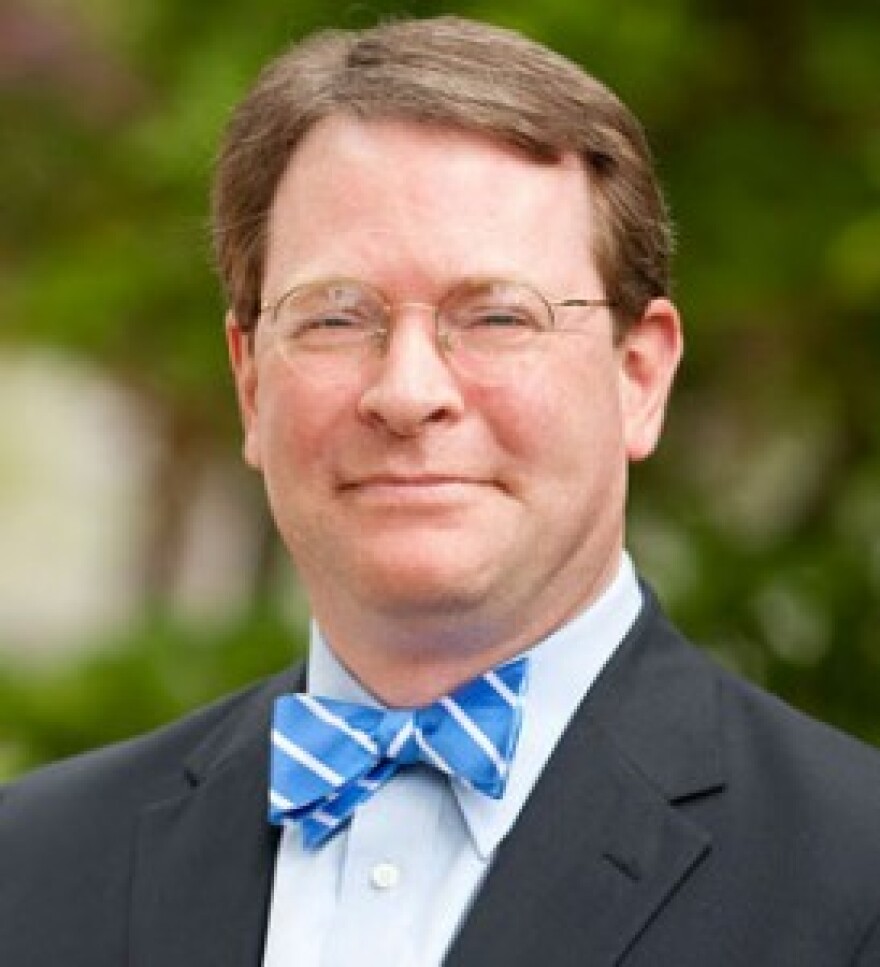When the United States was in the midst of World War I, U.S. Sen. Hiram W. Johnson, an isolationist from California, is credited with coining the phrase “the first casualty when war comes is truth.” So it seems the same could be said for this year’s political campaigns.
This year’s campaign seems to be taking the “cut and paste” approach by both sides, and highlighting a minute piece of what a candidate says and creating a firestorm out of a dust-up.
For example, Republican vice presidential candidate Paul Ryan’s acceptance speech made the contention that Obama promised to keep the General Motors plant open in Ryan’s hometown of Janesville, Wisconsin:
“Right there at that plant, candidate Obama said: ‘I believe that if our government is there to support you, this plant will be here for another hundred years.’ That's what he said in 2008.
Well, as it turned out, that plant didn't last another year. It is locked up and empty to this day. And that's how it is in so many towns today, where the recovery that was promised is nowhere in sight.”
But the full transcript of Obama’s speech at the Janesville plant reveals a section dropped out of Ryan’s speech:
"And I believe that if our government is there to support you, and give you the assistance you need to re-tool and make this transition, that this plant will be here for another hundred years. The question is not whether a clean energy economy is in our future, it’s where it will thrive. I want it to thrive right here in the United States of America; right here in Wisconsin; and that’s the future I’ll fight for as your president."
Notice that Ryan dropped “and give you the assistance you need to re-tool and make this transition.” That’s a critical component of understanding the full context of what then-candidate Obama said.
The fact-checking organization Politifact labeled that component of Ryan’s speech as a false statement.
In addition, Rep. Ryan co-signed a letter, dated June 3, 2008, noting “(w)e are deeply disappointed by GM’s announcement that the company will close the plant in 2010.” That was a full seven months before Obama was sworn in as president.
The use of selective quotes is truly bi-partisan this election cycle, with Politifact labeling an Obama web ad as false by taking Mitt Romney’s words out of context.
But some would contend that the “facts” are what your individual campaign makes of it. Note the recent comments of GOP pollster Neil Newhouse, who said to a recent ABC News-Yahoo News! Breakfast in Tampa: “Fact-checkers come to this with their own sets of thoughts and beliefs and you know what? We’re not going let our campaign be dictated by fact-checkers.”
So our predicted $5.8 billion dollar campaign has come down to seeing who can possibly distort his opponent’s words into a spaghetti-like tangle by chopping and clipping phrases that one would hardly recognize.
It would be interesting to hear some famous quotes of the past used in this year’s campaign election. I can imagine the television ad now, accusing Franklin D. Roosevelt saying “the only thing we have … is fear itself.”
Or Ronald Reagan’s classic statement of his core political belief: “In this present crisis, government is … the solution to our problem.”
Or what about Winston Churchill’s uplifting charge, “We shall … surrender”?
In our current cut & paste, slice & dice campaign mentality, the focus on dissecting and repackaging words can be a great exercise in political manipulation, but this is not the way to govern.
Or, “this is … the way to govern.” I guess this year, it’s your choice as to which you want to believe I wrote.


